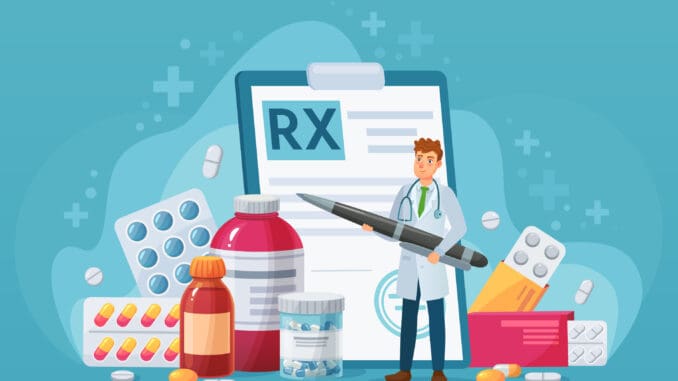
Keeping outstanding medical records is crucial for seniors for several important reasons:
- Continuity of Care: Comprehensive medical records ensure that healthcare providers have a complete and accurate history of the senior’s health, enabling them to make informed decisions about treatment and care.
- Coordination of Care: Seniors often see multiple healthcare providers, including primary care physicians, specialists, and therapists. Good medical records help coordinate care among different providers, reducing the risk of duplication or conflicting treatments.
- Medication Management: Accurate records of medication history, dosages, and any adverse reactions or allergies help prevent medication errors and drug interactions, which can be more common in older adults.
- Monitoring Chronic Conditions: Seniors are more likely to have chronic health conditions. Regularly updated records allow healthcare providers to track the progression of these conditions and adjust treatment plans as needed.
- Emergency Situations: In emergencies, access to medical records can be life-saving. Information about allergies, pre-existing conditions, and medications can guide emergency responders and healthcare teams in quickly providing proper care.
- Preventative Care: Medical records can remind seniors and their healthcare providers of important screenings, vaccinations, and check-ups, helping to prevent illness and catch potential health issues early.
- Legal and Financial Matters: Detailed medical records may be necessary for legal matters, insurance claims, or disability applications. They can provide evidence of medical conditions and treatments.
- Family and Caregiver Support: Seniors may rely on family members or caregivers for support. Organized medical records make it easier for loved ones to understand and assist with healthcare decisions.
- Memory and Cognitive Health: As seniors age, cognitive function can decline. Keeping records ensures that essential health information is available even if memory problems develop.
- Peace of Mind: Seniors and their families can know that their health information is well-documented and easily accessible, reducing stress and anxiety about healthcare management.
To maintain good medical records, seniors should:
- Keep a list of current medications and update it regularly.
- Maintain a record of medical appointments, including dates, providers, and reasons for the visit.
- Organize lab results, test reports, and imaging studies in a file or digital format.
- Keep copies of health insurance information, advance directives, and critical legal documents safe.
Discussing medical record management with a trusted family member or caregiver is also a good idea to ensure someone else can access this information in emergencies.
Here’s an example of what good medical records might include for a senior:
- Personal Information:
-
- Full name
- Date of birth
- Contact information (address, phone number, email)
- Emergency contact information
- Medication List:
-
- Name of each medication
- Dosage (e.g., 10 mg)
- Frequency (e.g., once daily)
- Prescribing physician’s name
- Start date
- Any allergies or adverse reactions to medications
- Medical History:
-
- Chronic conditions (e.g., diabetes, hypertension, arthritis)
- Surgical history (include dates and reasons)
- Hospitalizations (have dates and reasons)
- Family medical history (especially relevant for hereditary conditions)
- Immunization Record:
-
- List of vaccinations and dates (e.g., flu shot, pneumonia vaccine)
- Allergies:
-
- Any known allergies to medications, foods, or environmental factors
- Healthcare Providers:
-
- Contact information for primary care physicians and any specialists
- Dates of appointments and reasons for visits
- Contact information for pharmacies used
- Test Results and Imaging:
-
- Copies of recent test results (e.g., blood tests, X-rays, MRIs)
- Dates of tests and the healthcare provider who ordered them
- Insurance Information:
-
- Health insurance details, including policy number and contact information
- Advance Directives:
-
- Copies of living wills, healthcare proxies, or any advance directives outlining medical preferences
- Emergency Contacts:
-
- Names and contact information for trusted individuals who should be notified in case of emergencies
- Notes and Questions:
-
- A section to jot down any notes, questions, or concerns to discuss with healthcare providers during appointments
- Appointment Log:
-
- A log of medical appointments, including dates, times, providers seen, and reasons for the visit
It’s essential to keep these records organized in a physical folder or electronically and to update them regularly, especially after each medical appointment or when there are changes in medication or health status. Having a well-maintained and up-to-date record like this can significantly assist healthcare providers in delivering optimal care and treatment.
